Why Elon Musk is right to fight politics of online censorship
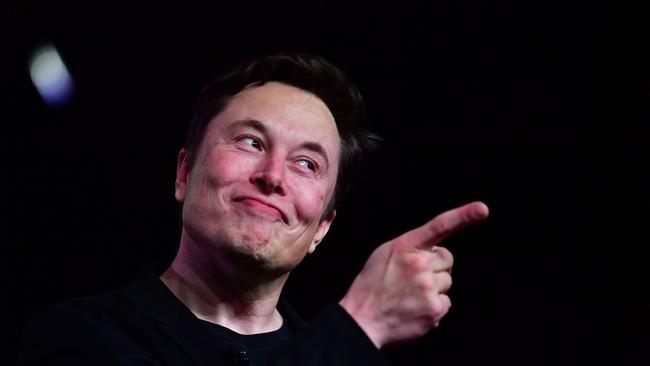
There were minutes-long videos of this event, all confronting and violent. These videos no doubt played a part in having one of the police officers involved convicted of murder for Floyd’s death. And all of us could watch these videos on social media online and make up our own minds.
What readers will not recall is any push to have the videos removed from all the main online platforms. That’s because none of the great and good – no eSafety Commissioner nor anyone else – ever pushed for this sort of censorship of the online content.
So confronting violence, indeed an actual filmed killing, and still no push to remove the content. Because it was true content. And presumably it was also because many believed people could be left to decide for themselves what that content indicated. Oh, and by the way, one of the direct effects of this Floyd video was months and months of violent riots across many US cities. But the long-term benefits of free speech and open access to the truth trumped all such considerations.
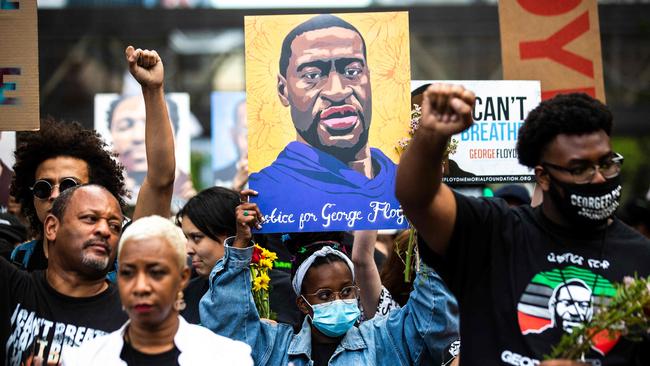
Now, put that to one side for a moment and turn to the current fight between Elon Musk and the Albanese government (supported by eSafety Commissioner Julie Inman Grant) over the latter’s desire that X remove the video of the stabbing of the bishop in the Assyrian church in Sydney.
The commissioner and the government, and even sections of the Coalition, want the video taken down under threat of severe financial penalties. They want censorship of this video. Thus far the owner of X, Elon Musk, is saying no.
I agree with Musk. Here’s why.
First off, all talk of this video being misinformation or disinformation is nonsense if not deliberate misdirection. In simple terms, misinformation is the jargony word for information that is believed to be false and inaccurate, together with a further calculation that it is likely to cause harm if the wider public has access to it.
Disinformation is all that plus the further allegation that the falsity is deliberate. You could just say “that is factually wrong” for the first and “it is a lie” for the second. But censorship works better under the aegis of jargon and bureaucratese so people aren’t wholly sure what is being alleged. So the first point to make here is that the Assyrian church video is not conveying false information. (In fact, the bishop himself opposes the removal of the video on the grounds of free speech).
It is patently true information, just as the George Floyd video was. We watchers might draw differing conclusions from it. But there is no falsity about it; nor is anyone alleging it was staged or fake. So when Anthony Albanese describes the video in terms of “misinformation”, he is extending that term to include true information. The eSafety Commissioner and the PM, and even Dutton, want to remove online content that is true and accurate. Again, it’s hard to say that in clear terms so they resort to obfuscation and the language of “misinformation”.
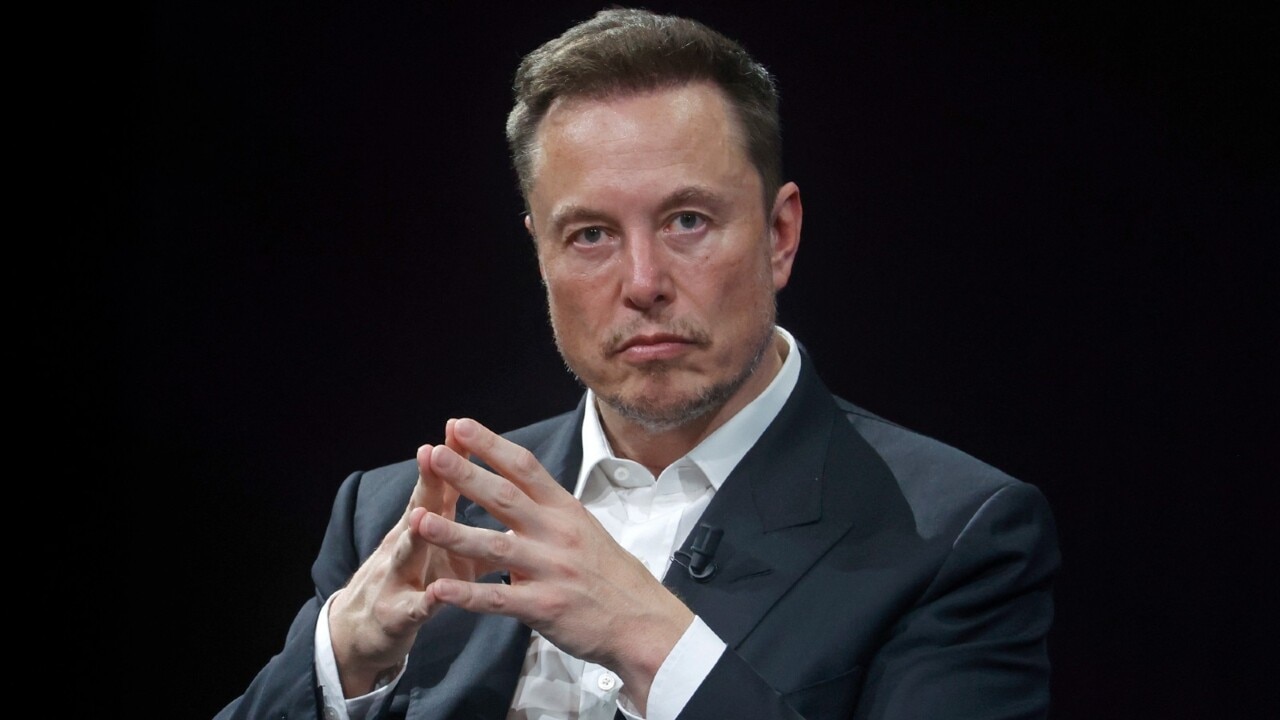
Now of course there can be instances when a cost-benefit analysis leads us to conclude that true information should be withheld from the wider public.
I can certainly think of things, true things, that I would nevertheless take down from the internet – a recipe for making biological weapons out of things you’d find in your kitchen; the names of active undercover police agents who have infiltrated crime syndicates; and so on.
This video, however, does not come close to any of those. It looks a lot like the case of the George Floyd video. The difference here is that the government doesn’t like the truth the video is conveying. With the Floyd videos it did. There seem to be favoured and disfavoured groups. Heck, it’s not even the case that the Assyrian church video will lead to anything like the months and months of destructive riots we saw in the US after the Floyd videos.
Nor is there any plausibility to comparing this church video to pedophilia or the sort of obscenity I would support being removed as online content. What those who support the removal of true and publicly important content from the online platforms need to tell us is why the harms so massively outweigh the public’s right to know that censorship is warranted.
With my examples of biological weapons and police undercover agents, it’s pretty easy to do that. With this video, given all the other online violent true content from the Sydney Opera House to many BLM incidents that no one censors, Musk is right. It should stay online.
Here’s another factor. We have just lived through 2½ years of the greatest inroads on our civil liberties in perhaps two centuries. The government and public health caste labelled all sorts of dissenting views as misinformation, yet those views proved to be true. Think of where the virus came from; whether vaccines stopped the contracting and transmission of the disease; the effectiveness of masks; the long-term costs of school closures; the effects on our economy; the list goes on.
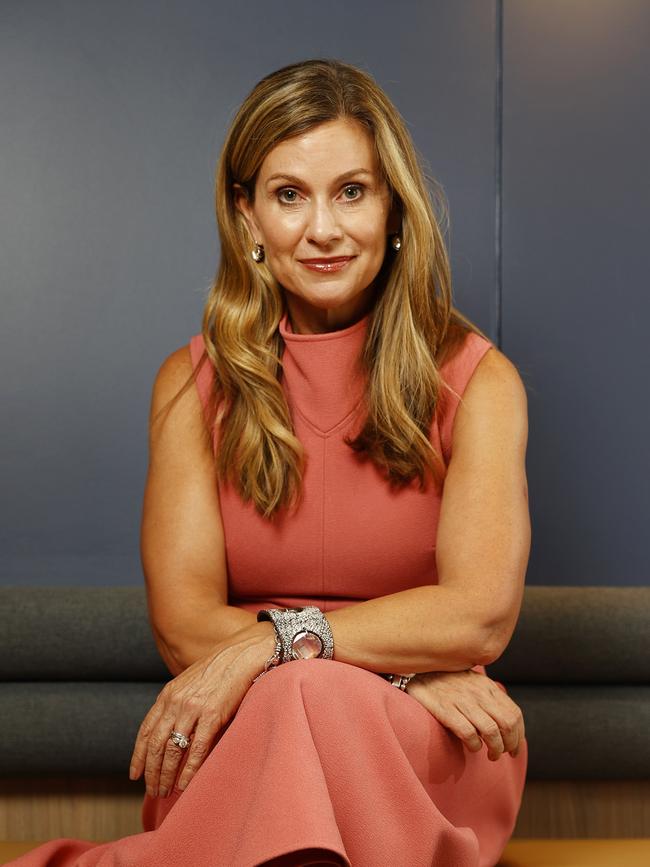
Yet these were nevertheless labelled misinformation and attempts were made to silence those who spoke these things. Then there was the voice. The official fact-checkers labelled all sorts of claims by the No case to be wrong when, in my professional view as a constitutional lawyer, none was. Not one. It really was virtually one-way fact-checking, too.
In a liberal democracy you should be incredibly wary to censor anything as what will prove to be true is hard to know at the time. But when it comes to what you know already to be patently true, you should have to meet an incredibly high standard before doing so. And it should be a standard that is neutral between political points of view. Neither is the case here so I’m with Musk on this one.
And, as a conservative, I also think it’s a bad political mistake for some in the Libs to be throwing their lot in with the censors and those who downplay the benefits of free speech.
James Allan is Garrick Professor of Law at the University of Queensland.

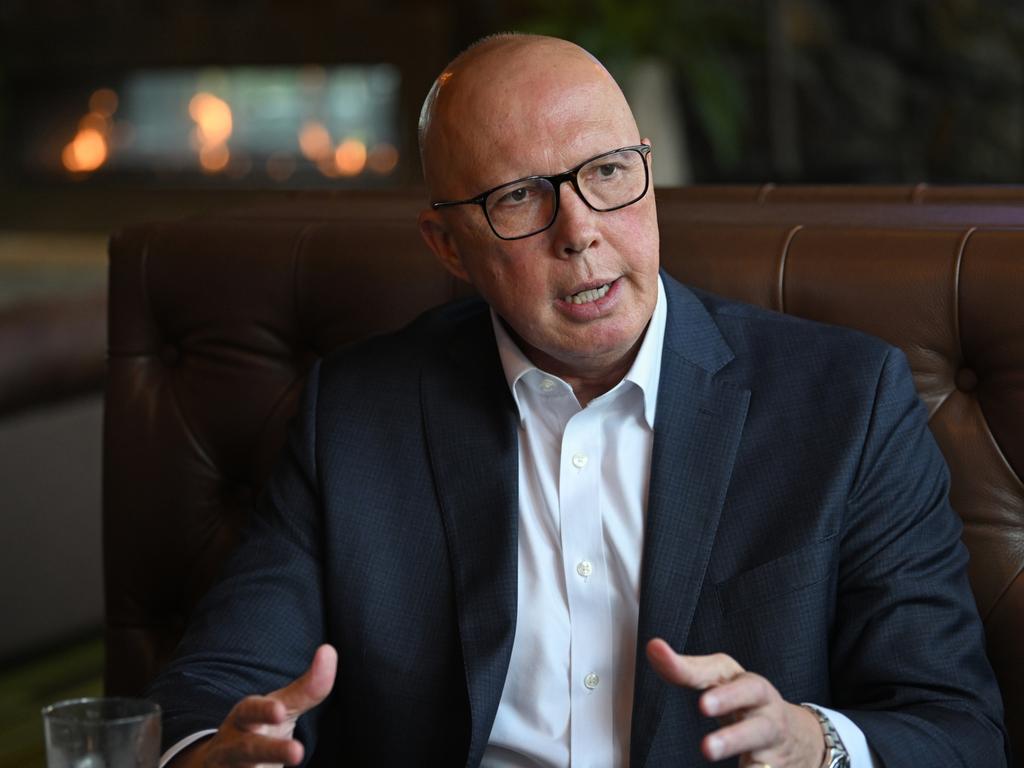
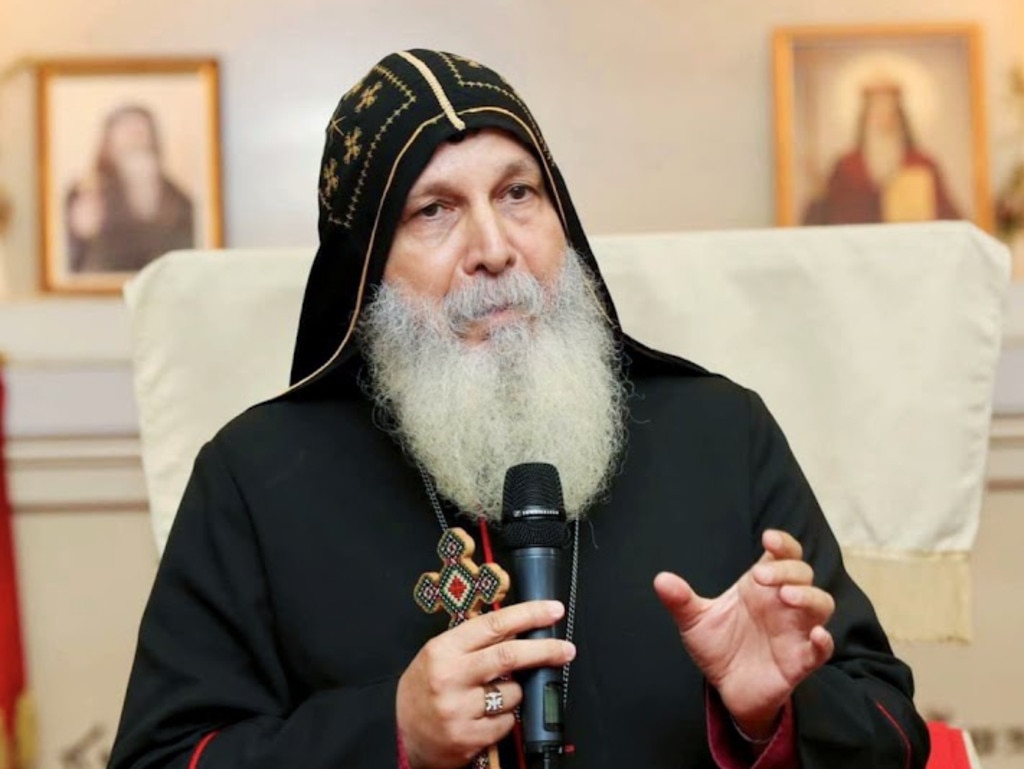




How many readers remember back to May 2020 when George Floyd was killed in police custody in Minneapolis?